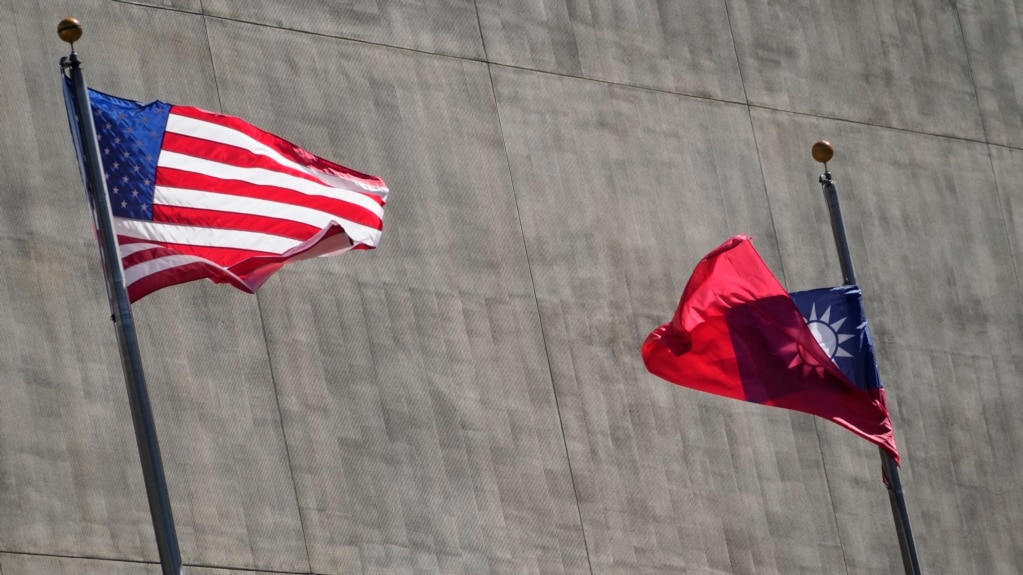Taiwan is taking part in the Asia-Pacific Economic Cooperation (APEC) meeting in San Francisco, California this week.
Because it is an economic gathering, the self-governing island democracy of 23 million people does not face diplomatic restrictions from mainland China.
Taiwan’s chief representative is a civilian, rather than a government official. It is an unwritten rule by China that members of the organization join as economic representatives rather than state officials.
For the seventh time, Morris Chang is representing Taiwan. He is the 92-year-old founder of Taiwan Semiconductor Manufacturing Company. Chang helped establish Taiwan’s place as a top country for high-technology manufacturing in the electronics industry.
Taiwan has participated in APEC since 1991 under the name Chinese Taipei. It began taking part just two years after the group began and the same year that China and Hong Kong joined.
Taiwan has depended on retired ministers and industry leaders, who are connected with the government but who do not have an office within it. The aim is to avoid angering China.
Politics at play
China’s economy has not recovered from the COVID-19 pandemic. The country has high youth unemployment and large amounts of debt in a weakened housing sector.
However, Chinese leader Xi Jinping is pushing ahead with his plan for China to retake its historical place as the center of cultural, political, and economic life in the Asia-Pacific area.
Taiwan has a multiparty political system that centers around local issues. There is wide agreement on political separation from China. That presents a special challenge to the communist leaders of mainland China in Beijing.
China wants to end U.S. arms sales to Taiwan, including military planes like the F-16 fighter jet. China also wants the U.S. to confirm it will not help the ruling pro-independence Democratic Progressive Party to keep power in Taiwan.
John Kirby is a U.S. National Security Council spokesperson. He said Wednesday that President Joe Biden will make clear to President Xi that the U.S., while following the law, will continue to provide "self-defense capabilities for Taiwan."
Chinese influence
China has sought to influence Taiwanese politics through military threats. It also seeks influence through economic opportunities on the mainland and local politicians.
Taiwanese media has also been persuaded to run stories critical of the current state of independence. That is done mainly through media ownership structures, which involve investments from the mainland.
January’s elections for the presidency and legislature will help decide whether the people want to continue independence or seek closer relations with mainland China.
I’m Gregory Stachel.

